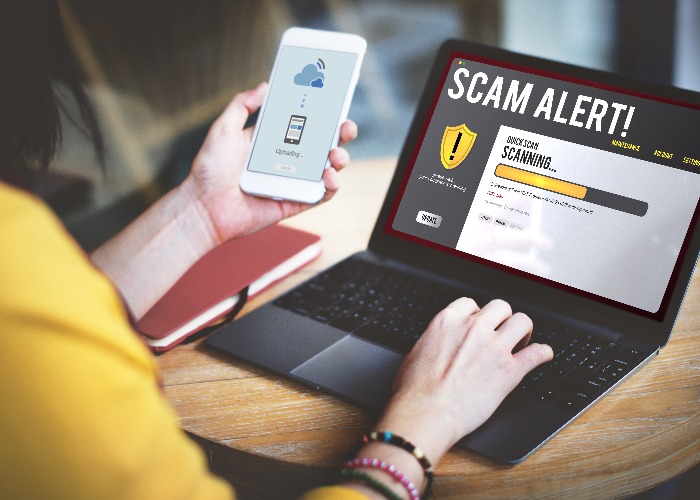Fraud: how to tell if you're talking to your bank - or a scammer

Many of us would share sensitive financial information that no bank would ask for, new data finds.
One in five people are leaving themselves vulnerable to fraud because they don’t know what information they need to share with their bank.
Phone and email scammers will often try and extract sensitive financial information by pretending to be from a person’s bank or the police, claiming they’ve been the victim of fraud.
These scammers will claim they need to verify who they are communicating with and freeze the account before more money is stolen.
However, neither banks nor the police will ever contact you requesting such information.
Emails aren’t always from who they say they’re from; double-check the sender is genuine before you click on any link. pic.twitter.com/3YwmjeM1Ps
— Take Five (@TakeFive) October 14, 2016
Take Five, a campaign group that aims to raise fraud awareness, has uncovered widespread confusion on the matter.
More than one in five (22%) of people it spoke to mistakenly thought they would be asked to share sensitive information.
To help the public stay safe, it has compiled a list of things neither your bank or the police will ever ask you to do:
- Share your 4-digit PIN or 3-digit CVS card security number
- Share your online banking password
- Transfer money to an unknown account
- Provide your mother's maiden name
- Give your full date of birth
- Share your full home address
If someone rings asking for personal or financial details, alarm bells should also ring #TakeFive pic.twitter.com/rFEh2rE1PK
— Take Five (@TakeFive) October 13, 2016
How to stay safe
If you’ve been called by someone claiming to be from your bank and they are requesting information, the best thing to do is hang up and call your bank using a number you’ve researched yourself.
Similarly, don’t respond to a suspicious email, and don’t click on the links within the email.
Delete it and contact your bank directly to verify if there’s an issue with your account.
Get more tips about financial fraud by visiting the Take Five website.
Want more stories like this? Visit the loveMONEY homepage or sign up for our daily newsletter and let us send the news to you!
Beat the scammers! Learn more by reading these articles:
Don't fall for this supermarket voucher scam
Comments
Be the first to comment
Do you want to comment on this article? You need to be signed in for this feature